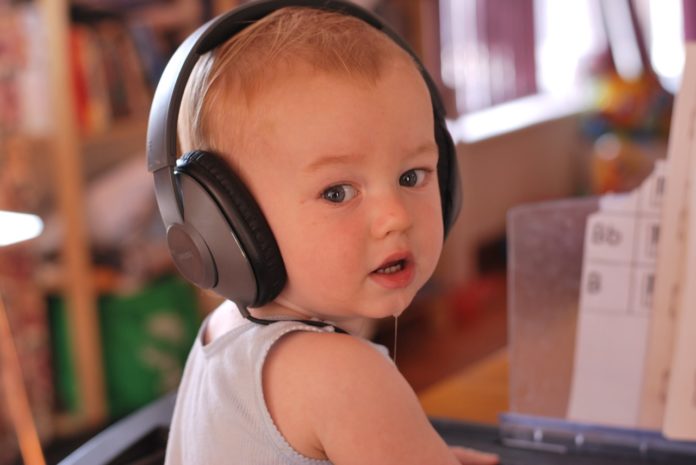Brains of premature babies develop better when they are exposed to music
While advances in neonatal medicine have increased the chance of survival of premature babies, these children are however at high risk of developing brain development disorders.
To help the brains of these fragile newborns develop as well as possible despite the stressful environment of intensive care, researchers used music written especially for them. Results published in the Proceedings of the National Academy of Sciences (PNAS), revealed that the brain networks of premature infants who have listened to music develop much better.
Very agitated children calmed down almost instantly after listening to the music. The composer wrote three sound environments of eight minutes each, with punji (the Indian snake charmers’ flute), harp and bells pieces
The vast majority of infants born between 24 and 32 weeks of pregnancy survive, but about half of them later develop neurodevelopmental disorders, including learning difficulties, attentional or emotional disorders. “At birth, these babies’ brains are still immature. Brain development must therefore continue in the intensive care unit, in an incubator, under very different conditions than if they were still in their mother’s womb,” explained Petra Hüppi, professor at the University of Geneva (UNIGE), Faculty of Medicine and Head of the University Hospitals of Geneva (HUG), Development and Growth Division, who directed this study. “Brain immaturity, combined with a disturbing sensory environment, explains why neural networks do not develop normally.”
Very agitated children calmed down almost instantly after listening to the music. The composer wrote three sound environments of eight minutes each, with punji (the Indian snake charmers’ flute), harp and bells pieces.
The study was conducted with a group of premature infants who listened to the music, a control group of premature infants, and a control group of full-term newborns to assess whether the brain development of premature infants who had listened to the music would be more similar to that of full-term babies. Scientists used functional MRI at rest on all three groups of children. Without music, premature babies generally had poorer functional connectivity between brain areas than full-term babies, confirming the negative effect of prematurity.
The first children enrolled in the project are now 6 years old and scientists will now meet again their young patients to conduct a full cognitive and socio-emotional assessment and observe whether the positive outcomes measured in their first weeks of life have been sustained.


